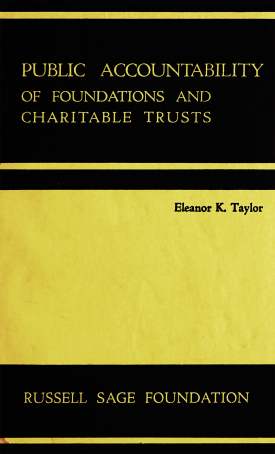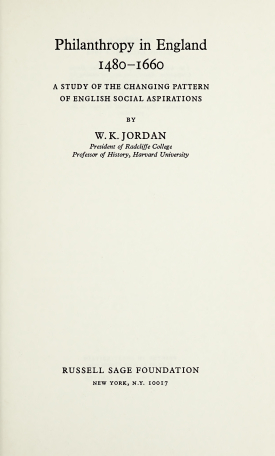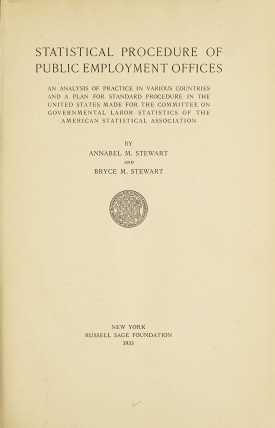One way the criminal justice system contributes to systemic racial inequality is by reducing the civic engagement of people with prior criminal justice convictions, particularly for Blacks and Latinx who are more likely to have criminal records. Many individuals with prior felony convictions are formally excluded from voting, but even those who are eligible to vote have very low rates of voter registration and voting.
There are wide partisan divides in opinions among the public on COVID-19, including about the seriousness of the disease, mask and other government mandates, and the handling of the pandemic at the federal level. These differences capture political divisions in three dimensions of public opinion: factual beliefs about the pandemic, policy preferences about how best to respond, and approval of how politicians have handled the pandemic. The degree to which sources of information are associated with these divisions can help adjudicate between two models of democratic representation.
Inequalities in citizen access to the vote is tied to one’s location in our highly stratified society and differential access to the vote has been associated with voter suppression, unlawful purging of voter rolls, and strict identification requirements. Few scholars, however, have examined the impact of the routine maintenance of voter rolls, mandated by Congress as part of the 1993 National Voter Registration Act, on voter access.
In New York City, where one out of ten tenants are taken to housing court each year by their landlords, displacement has come to shape the political lives of Asian immigrant communities. This project examines the democratic implications of displacement by focusing on how residents in Manhattan’s Chinatown are politically responding to evictions, landlord harassment, cultural erasure, and other forms of dispossession.
The lenses through which Americans view the politics of the Coronavirus pandemic are arguably different for individuals required to perform essential work (paid or not), and individuals working in other industries and job types. How have these lenses shaped their political views, engagement and interest in politics? This study will investigate these questions by analyzing the political attitudes and behavior of Filipina American women, using a survey with embedded experiments.
Volunteer Attorneys and Legal Services for the Poor
About This Book
This report is about the Community Law Offices (CLO), which operated two neighborhood law offices in Manhattan—in East and Central Harlem—that provided free legal services to individuals and groups who could not afford private attorneys. CLO relied primarily on attorneys in private practice who volunteered part of their time to handle the cases brought to the two offices. Formation and growth, an overview of its operations, and an evaluation of volunteer performance are discussed.
Douglas E. Rosenthal was chief of the Foreign Commerce Section of the Antitrust Division of the Department of Justice. Robert A. Kagan is professor of political science and law at the University of California, Berkeley.
Download
RSF Journal
View Book Series
Sign Up For Our Mailing List
Apply For Funding
About This Book
An analysis of the practice, scope, and methods of recording facts in the daily work of public employment in various countries and a plan for standard procedure in the United States made for the Committee on Governmental Labor Statistics of the American Statistical Association.
Anabel M. Stewart and Bryce M. Stewart, Committee on Governmental Labor Statistics
Download
RSF Journal
View Book Series
Sign Up For Our Mailing List
Apply For Funding

Public Accountability of Foundations and Charitable Trusts
About This Book
Foundations and charitable trusts receive from society certain privileges, of which tax exemption is the most tangible. In return for these privileges, and also in view of the fact that the ultimate beneficiary is society itself, it seems wholly proper that the foundation or trust should be held accountable for its stewardship. Accountability includes disclosure of the availability of this public trust; provision for its protection against theft, squandering, or unreasonable withholding; and requirement for adequate reporting. However, accountability should not be confused with control. Freedom of operation is as important in welfare as it is in business if social progress is to continue. Some abuses exist, and, as this book points out, in most states even the most rudimentary machinery of accountability does not function. The trend has been toward new legislation, chiefly in states, but on the federal level with respect to taxation. Public Accountability of Foundations and Charitable Trusts traces the development of state regulation under the courts and legislatures and presents an analysis of the regulatory machinery in 12 states, with brief consideration of Canadian and English law; it also offers a recommended program.
Eleanor K. Taylor was associate professor of the State University of Iowa.
Download
RSF Journal
View Book Series
Sign Up For Our Mailing List
Apply For Funding

Philanthropy in England: 1480–1660
About This Book
This is the first of a series of volumes dealing with the changing pattern of men’s aspirations for their society during a long and critical period in the history of western Europe. The present volume is an essay commenting on the subject and presenting conclusions drawn from a considerable mass of available evidence. Topics include the decline of the Middle Ages and the emergency of endemic poverty in the sixteenth century, the gradual assumption of national responsibility for the poor, the evolution of the charitable trust, the literature of exhortation, and the changing structure of class aspirations.
Wilbur Kitchener Jordan was president of Radcliffe College and professor of history at Harvard University.
Download
RSF Journal
View Book Series
Sign Up For Our Mailing List
Apply For Funding
Pagination
- Previous page
- Page 12
- Next page

